No products in the cart.
Sale
Ecallantide (CAS No. 460738-38-9) | High-Purity Plasma Kallikrein Inhibitor
Original price was: $32.00.$18.00Current price is: $18.00.
Ecallantide (DX-88, CAS No. 460738-38-9) is a potent plasma kallikrein inhibitor that prevents bradykinin generation. Supplied in GMP-compliant, high-purity form for research in angioedema, inflammation, and complement system regulation. For laboratory use only.
Description
Product Description
Ecallantide is a recombinant peptide inhibitor of human plasma kallikrein, developed to target the bradykinin pathway, which is centrally involved in the pathophysiology of hereditary angioedema (HAE) and other disorders associated with vascular permeability and inflammation. Known under the research name DX-88, Ecallantide represents a class of selective kallikrein inhibitors designed to disrupt abnormal bradykinin production while preserving the physiological functions of other proteases.
The importance of Ecallantide lies in its specificity. Unlike broad-spectrum protease inhibitors, Ecallantide exhibits nanomolar affinity for plasma kallikrein, providing a targeted approach for dissecting the role of this enzyme in complement activation, contact system biology, and vascular physiology.
Scientific Significance
The kallikrein-kinin system regulates a range of physiological responses including:
Vasodilation
Inflammation and edema formation
Pain perception
Blood coagulation and fibrinolysis balance
Excessive bradykinin production has been directly implicated in diseases such as hereditary angioedema, septic shock, ischemia-reperfusion injury, and certain inflammatory disorders. By blocking kallikrein-mediated cleavage of high-molecular-weight kininogen (HMWK), Ecallantide prevents excessive bradykinin release, providing a controlled model for studying vascular leakage, inflammatory cascades, and immune modulation.
Broader Research Relevance
While Ecallantide has been most closely linked with angioedema research, its potential extends to multiple areas:
Thrombosis and coagulation studies
Complement system regulation
Acute inflammatory disease models
Autoimmune pathologies
Sepsis and shock research
Target validation for drug development
This makes Ecallantide a valuable tool compound in both preclinical and translational immunology.
Product Specifications
| Parameter | Details |
|---|---|
| Product Name | Ecallantide |
| CAS Number | 460738-38-9 |
| Synonyms | Ecallantide, DX-88, recombinant plasma kallikrein inhibitor |
| Molecular Formula | C₁₅₉H₂₅₁N₃₉O₅₁S₇ |
| Molecular Weight | 6928.0 g/mol |
| Appearance | White to off-white lyophilized powder |
| Purity | ≥ 98% (HPLC confirmed) |
| Solubility | Soluble in water, PBS, and physiological buffers |
| Stability | Stable for ≥24 months at –20°C in lyophilized form |
| Storage Conditions | Store at –20°C; protect from light and moisture; avoid repeated freeze-thaw |
| GMP Compliance | Produced in GMP-certified facilities |
| Applications | Plasma kallikrein inhibition studies, angioedema models, inflammation research |
| Availability | Bulk and custom synthesis available |
Notes on Specifications
Molecular Features: Ecallantide is a recombinant protein with a defined amino acid sequence designed for high affinity binding to plasma kallikrein.
Purity Control: HPLC and LC-MS are used to confirm ≥98% batch quality.
Formulation: Provided as a lyophilized powder, ensuring long-term stability and ease of transport.
Compatibility: Can be reconstituted in physiological buffers for in vitro and in vivo studies.
Mechanism of Action & Research Applications
Mechanism of Action
Ecallantide works by binding to plasma kallikrein with high affinity, preventing it from cleaving high-molecular-weight kininogen (HMWK) into bradykinin. This inhibition blocks the overproduction of bradykinin, thereby preventing downstream events such as:
Increased vascular permeability
Edema formation
Uncontrolled inflammation
Unlike bradykinin receptor antagonists (which block the receptor), Ecallantide intervenes upstream, targeting the enzyme responsible for bradykinin generation. This makes it a powerful pathway-specific inhibitor for dissecting kallikrein-driven disease processes.
Research Applications
Hereditary Angioedema (HAE) Models – Used to study prevention of acute swelling episodes.
Bradykinin Biology – Helps investigate vascular leakage, hypotension, and pain signaling.
Inflammatory Disease Research – Relevant in models of arthritis, colitis, and sepsis.
Complement System Modulation – Allows exploration of the crosstalk between kallikrein and complement activation.
Drug Development – Serves as a reference compound for benchmarking new kallikrein inhibitors.
Thrombosis & Coagulation – Studied for its potential role in balancing hemostasis and fibrinolysis.
Cardiovascular Research – Offers insights into endothelial function and vascular reactivity.
Translational Insights
Because plasma kallikrein is implicated in both rare genetic disorders (HAE) and systemic inflammatory conditions, Ecallantide serves as a critical research tool for bridging molecular biology with clinical immunology.

Side Effects (For Research Context Only)
Although Ecallantide is a research compound and not intended for clinical use, reported data from preclinical and investigational contexts provide insights into potential side effects:
Hypersensitivity Reactions – As a recombinant protein, it may trigger allergic responses in animal models.
Injection Site Reactions – Local swelling, erythema, or discomfort in experimental settings.
Immune Responses – Risk of anti-drug antibody (ADA) generation in prolonged models.
Vascular Effects – Hypotension or altered vascular tone due to interference with kallikrein-bradykinin signaling.
Complement Cascade Interference – Possible unintended effects on coagulation and fibrinolysis.
Species Variability – Differential response based on kallikrein isoforms across species.
These effects should be interpreted strictly in the context of laboratory research, not therapeutic application.
Disclaimer
For laboratory research use only. Not for human or veterinary use.
Keywords
Ecallantide
DX-88 peptide inhibitor
Plasma kallikrein inhibitor
Bradykinin pathway peptide
Kallikrein inhibitor for research
GMP-grade recombinant peptide
Inflammation research peptide
Angioedema peptide inhibitor
Peptide-based kallikrein blockade
Additional information
| Weight | 0.8 kg |
|---|---|
| Dimensions | 53 × 26 × 53 cm |
What is Ecallantide?
Ecallantide is a recombinant peptide that inhibits plasma kallikrein.
What is the CAS number?
CAS No. 460738-38-9.
What is its mechanism of action?
It blocks kallikrein activity, preventing bradykinin generation.
What are its main research uses?
Studies in angioedema, bradykinin biology, complement cascade, and inflammation.
Is it GMP-compliant?
Yes, manufactured under GMP-certified conditions.
How should it be stored?
At –20°C, protected from moisture and light.
What is the molecular weight?
6928.0 g/mol.
Can it be used in humans?
No, it is strictly for laboratory research.
What makes it unique compared to receptor antagonists?
It blocks kallikrein upstream, stopping bradykinin production at the source.
Why is it important for angioedema research?
Because bradykinin overproduction is the central cause of HAE swelling episodes.



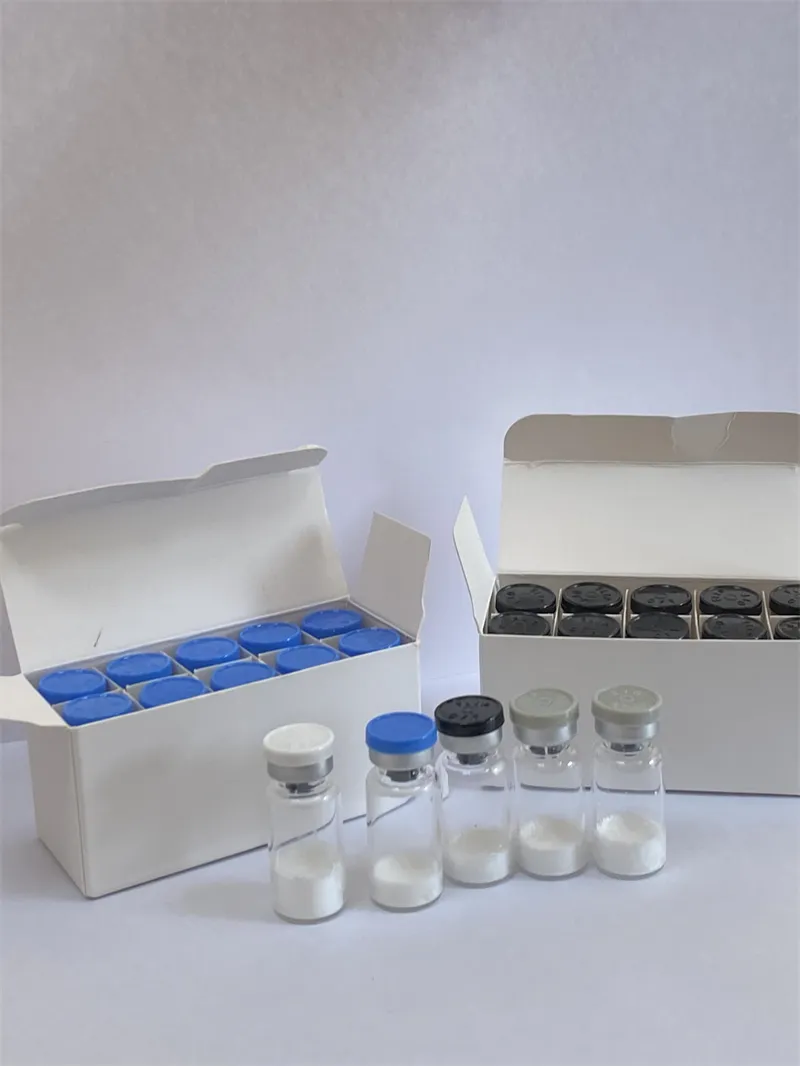



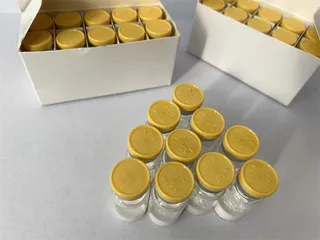
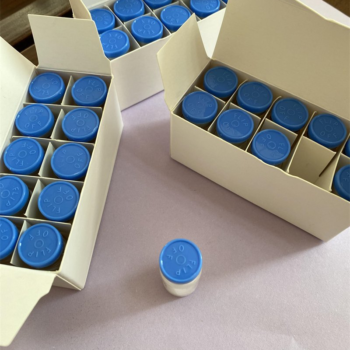
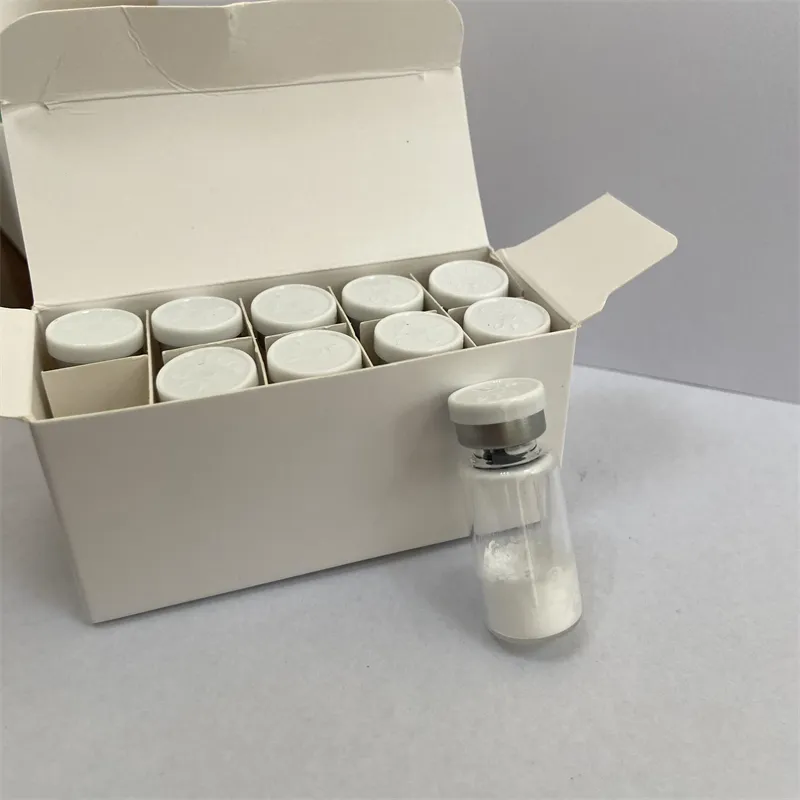
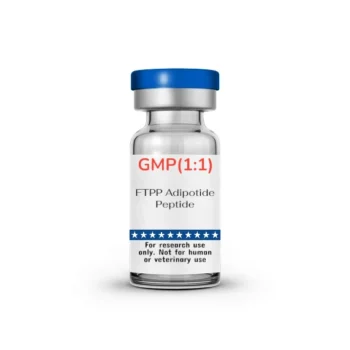
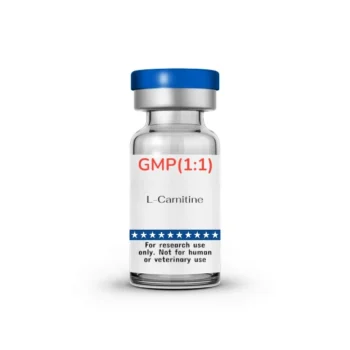
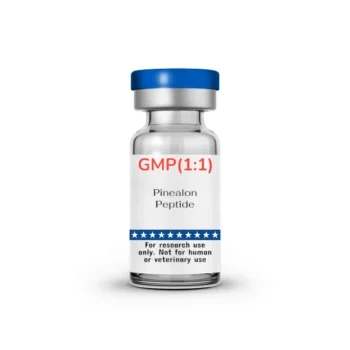


Reviews
There are no reviews yet.